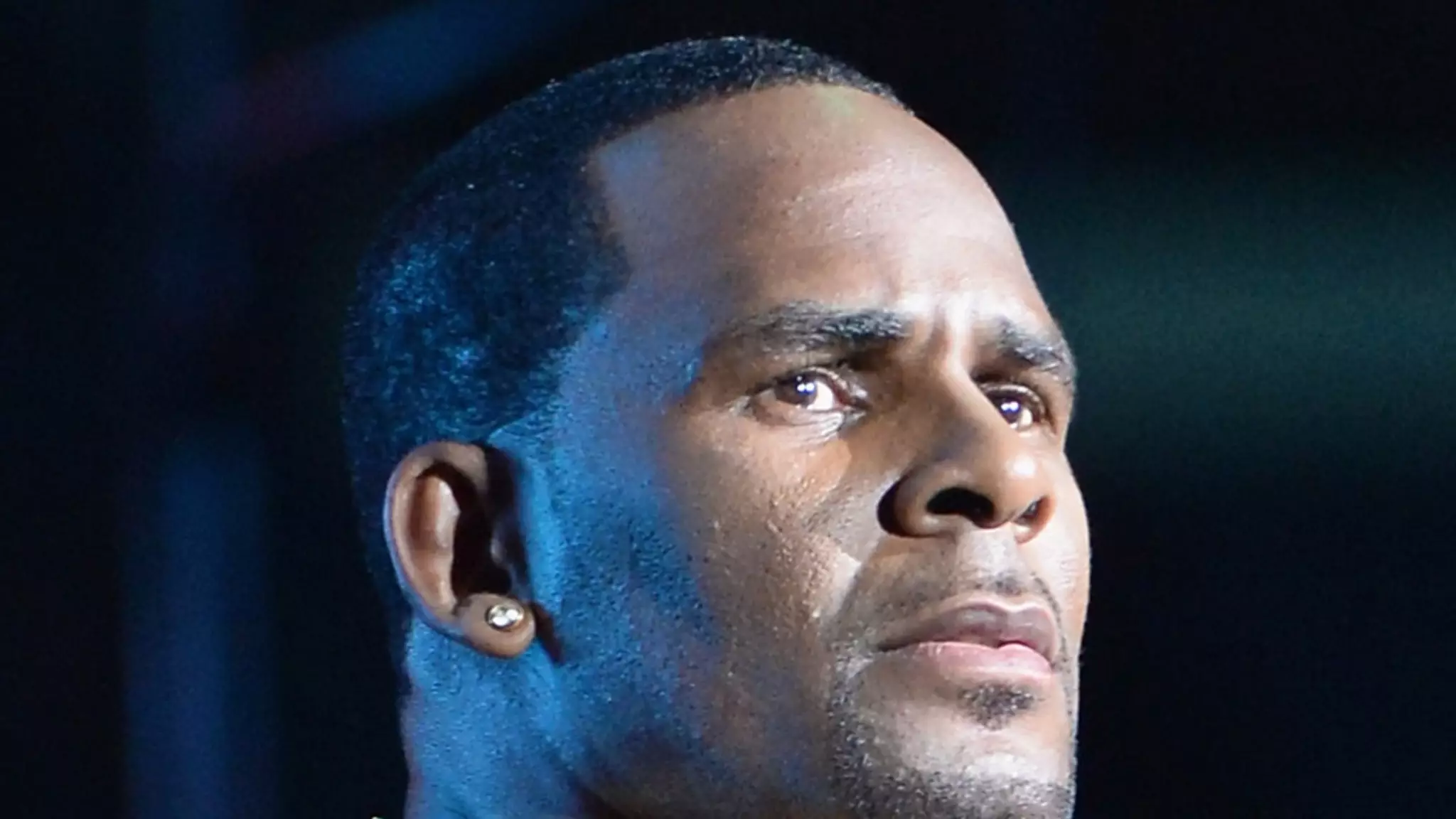R. Kelly’s request for a pardon is not merely an audacious legal maneuver; it is a gross dismissal of the suffering endured by his alleged victims, particularly Joycelyn Savage. Savage, who once stood as Kelly’s fiancée, has been missing for several years, her family expressing deep concern over her well-being. Gerald Griggs, the attorney representing Savage’s family, has been vocal in the ongoing plight, emphasizing the continued grip that Kelly allegedly maintains over her life. Her family’s anguish is palpable; they reported no direct contact with Joycelyn since a brief phone call in 2019. Instead, they have only heard from individuals they suspect of acting in Kelly’s interests, casting a shadow of doubt about Joycelyn’s autonomy.
The Legal and Moral Implications
R. Kelly’s criminal conviction for racketeering and sex trafficking in 2021 marked a turning point in how society views abuses of power in the music industry. Each legal battle he faces, including subsequent convictions for child pornography and enticing minors, further cements the idea that his actions are not just isolated incidents but are symptomatic of a larger issue within the entertainment sector. Griggs and the Savage family believe that Kelly has never shown genuine remorse for his actions. They argue that the singer’s push for a pardon is not only inappropriate but also reflects an egregious lack of accountability. He was rightly convicted, and the sentence—31 years—must be served in full.
The Complexities of a Pardon
The call for a pardon by Kelly’s legal team, spearheaded by Beau Brindley, raises several moral questions. While everyone is entitled to legal representation, one cannot overlook the implications of such a request. Brindley’s assertion that former President Trump could relate to Kelly’s “targeting by the feds” is not only troubling but also an attempt to frame Kelly as a victim rather than the perpetrator he has been deemed by the courts. A pardon would not only absolve him of his crimes but also send a message that accountability is optional for those with celebrity status.
The Broader Impact on Victims of Abuse
The desire for justice from victims’ families cannot be overshadowed by celebrity influence or legal loopholes. The Savage family’s plight resonates with many, calling into question the societal responsibility we hold toward victims. Pardon requests from individuals like Kelly disturbingly normalize their behaviors and trivialize the trauma inflicted upon victims. Joycelyn’s parents exhibit unwavering hope that she is alive and safe, and this hope is interlaced with despair because of the larger power dynamics at play.
Why Silence Isn’t An Option
As of now, the silence surrounding Joycelyn Savage speaks volumes. Not hearing from her directly for years raises troubling questions about where she is and who, if anyone, is protecting her. If society is to shift towards being more compassionate and protective of victims, cases like this cannot be swept aside. The need for accountability extends beyond the legal system; it involves public discourse, community engagement, and an unwavering commitment to prioritizing the voices of the victims. In standing firm against a pardon for R. Kelly, we are also standing firm for all those who have suffered in silence.

